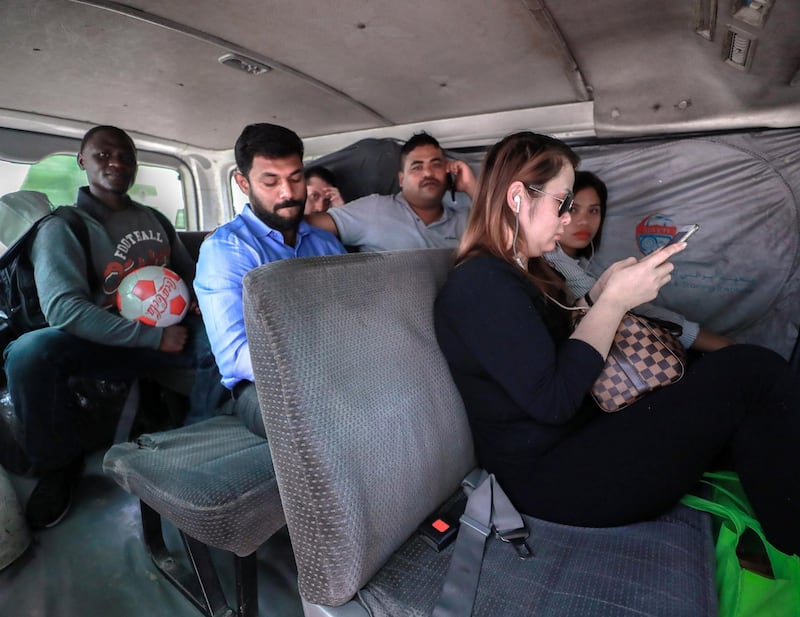The amnesty is over and the sight of parking tickets on windscreens is likely to become a much more familiar sight.
Motorists are, no doubt, in for a period of adjustment following the introduction of parking charges throughout the capital.
Forget to pay, or park where you shouldn’t, and fines will range from Dh100 to Dh1,000. But the initiative is as necessary as it is tough.
Parking charges are a reality of life in a modern city and just one element in a mosaic of measures required to ensure sustainable growth.
Heavy traffic is a symptom of a thriving economy but also a sign that infrastructure is under strain. A city can build only so many roads and alternative solutions must be found to alleviate that traffic. London and Stockholm have their congestion charges, Dubai has its Salik tolls, soon to be introduced in Abu Dhabi as an additional measure.
In its own way, the introduction of parking charges, part of an evolving integrated transport strategy, is an economic lever that could have as much impact as the much-anticipated hyperloop that could one day cut the journey between Dubai and Abu Dhabi to just 12 minutes.
Some will inevitably complain there aren’t yet sufficient alternatives to commuting by private car and it is to be hoped that revenue will be invested in improving public transport. But charging for parking will also make drivers think about existing options.
Some might take advantage of the free park-and-ride bus services that already operate from Zayed Sports City. Others might consider the regular bus system, which last year saw a three per cent increase in use to 52 million rides and is being upgraded with hundreds of new air-conditioned shelters.
The charges could also promote car-pooling and encourage entrepreneurial responses. Ride-sharing company Careem is a great example of a start-up responding to transport opportunities.
The success of Dubai's Metro shows that people can be persuaded to leave their cars at home.
Before the first line opened, exactly nine years ago tomorrow, many predicted it would be used only by tourists. Today the Metro is relied upon by 1.5 million people daily.
Mawaqif parking charges of Dh15 per day – about the cost of a cup of coffee – are, in the long run, surely a small price to pay to keep the capital moving efficiently and traffic-free.





